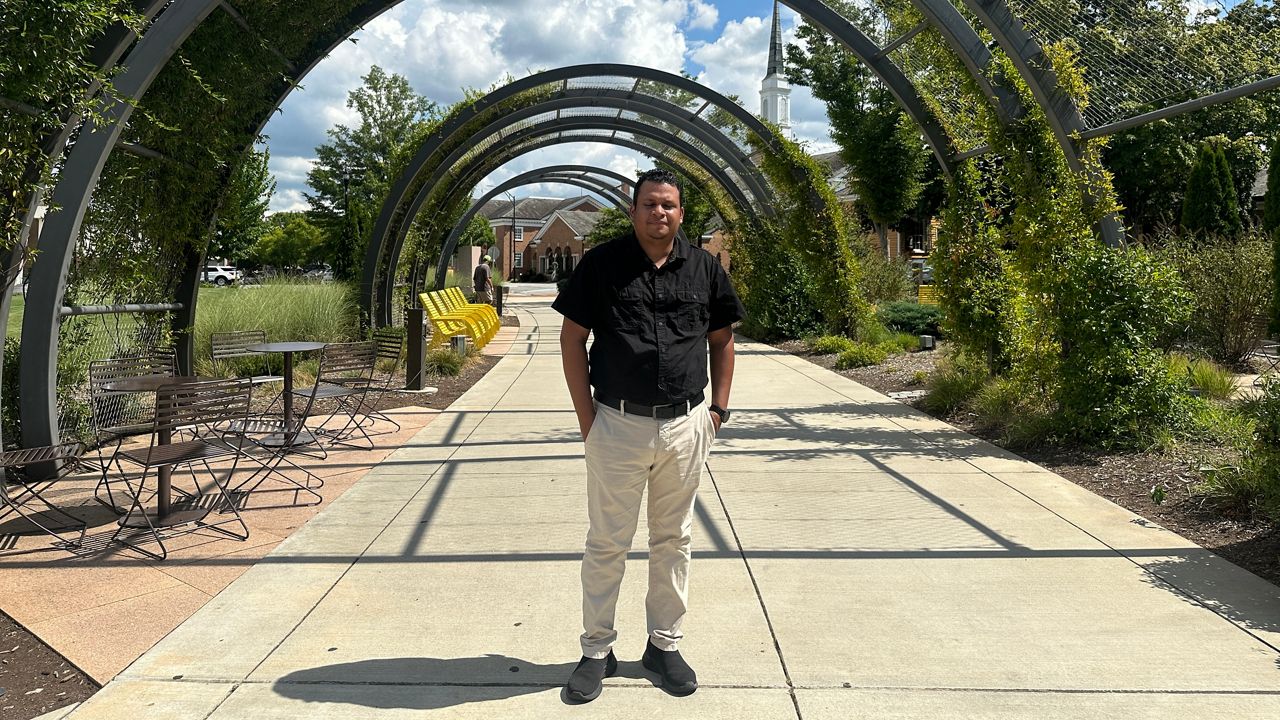SALISBURY, N.C. — With an executive order in January, President Donald Trump suspended the U.S. Refugee Admissions Program, which welcomed thousands from other countries fearing persecution due to race, religion or political opinion.
What You Need To Know
An executive order in January suspended the U.S. Refugee Admissions Program
The suspension of the program resulted in Lutheran Services Carolinas, a faith-based organization, losing federal funding for their New Americans Program
Lutheran Services Carolinas continues their New Americans Program, which helps refugees, but only focusing on those currently in the U.S.
The executive order states: “The United States lacks the ability to absorb large numbers of migrants, and in particular, refugees, into its communities in a manner that does not compromise the availability of resources for Americans, that protects their safety and security, and that ensures the appropriate assimilation of refugees.”
Due to this change, Lutheran Services Carolinas experienced a cut in federal funding for their New Americans Program, which has welcomed more than 18,000 refugees since 1979.
“We want abundant living for everybody, and the Bible speaks long and loud about serving refugees, and we have taken that to heart,” Lutheran Services Carolinas President Ted Goins said.
Last year, Goins said this group received nearly $20,000 in federal funding to help over 3,300 refugees.
“That is used for everything from helping them to find housing and to pay the rent to get them started to food, to getting them lined up with doctor’s appointments and getting the kids in school,” Goins said.
However, without the federal funding the impact was immediate.
“We had to lay off 72 teammates across the Carolinas, which was a horrible experience to have to lay off people that are so passionate and doing such important and good work,” Goins said.
Through LSC’s New Americans Program, Vladimir Vasquez and his family resettled to the U.S. last year.
“Whenever we need information or assistance or something, we usually come to them,” Vasquez said.
Vasquez, who is from Nicaragua, was a journalist there for 13 years. The United Nations said human rights violations have been ongoing in the Central American country since 2018.
“They were detaining more journalists in the country. The office where I was working, was seized by the police. They took everything that we had,” Vasquez said.
Fearing political persecution, he said he erased bylines from news articles and eventually moved with his wife to Costa Rica in 2021. Safety is the main reason he cited for them leaving Nicaragua.
“There was no future there. I was not comfortable working because I couldn’t go out in the street and record like you’re doing right now,” Vasquez said.
Last year, he, his wife and their infant moved to the U.S. thanks to the U.N. Refugee Agency.
“It’s been good for her and good for us to be in a country that provides us opportunities to grow,” Vasquez said.
LSC has been with them every step of the way since they arrived to the U.S.
“They have been here with those throughout the whole process of trying to like adapt being here to the U.S.” Vasquez said.
The New Americans Program continues thanks to state grants and donations, but it’s focusing on helping refugees already in the Carolinas, like the Vasquez family.
Vasquez said while his family is not impacted by the change, he has friends overseas whose resettlement is in limbo.
“If the program doesn’t resume again, it will be difficult for them to come here to the United States,” Vasquez said.
Vasquez and his family celebrated a year in the U.S. He and his wife have jobs in the U.S. and are applying for a green card.
“I feel this opportunity of being here is very important for us,” Vasquez said.
There are refugees that have been able to resettle in the U.S. since the executive order. The Trump administration welcomed white South Africans back in the spring. More recently, a court order exempted some refugees from the executive order whose travel plans to the U.S. were already set in motion when it went into effect, allowing them to arrive to the U.S. this summer.
